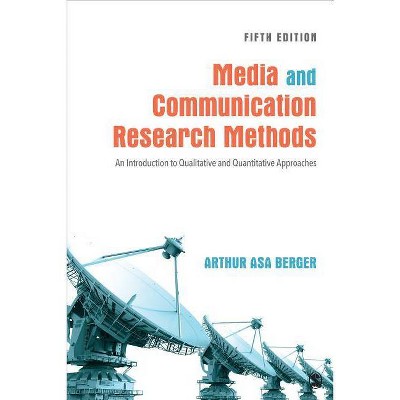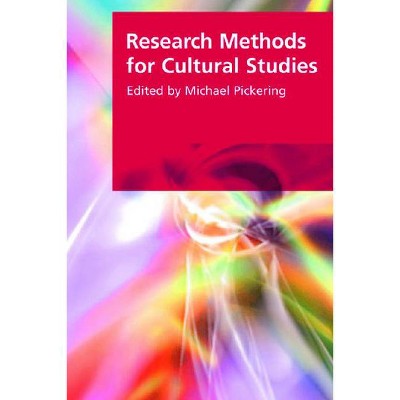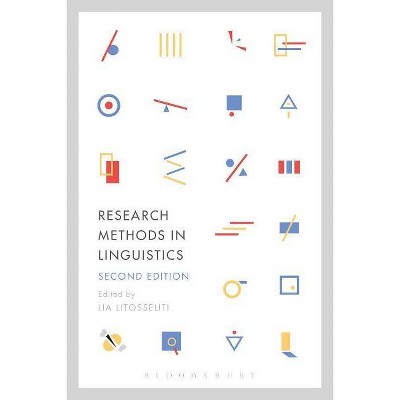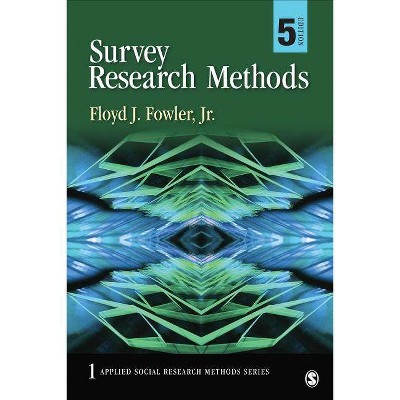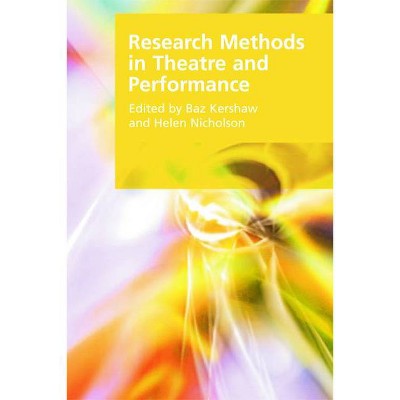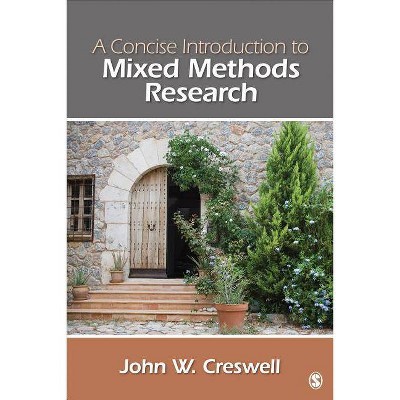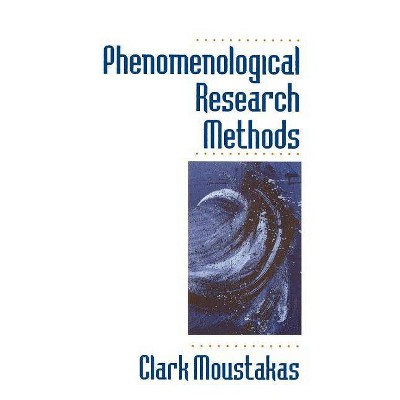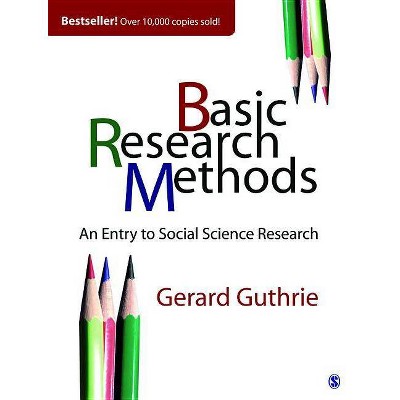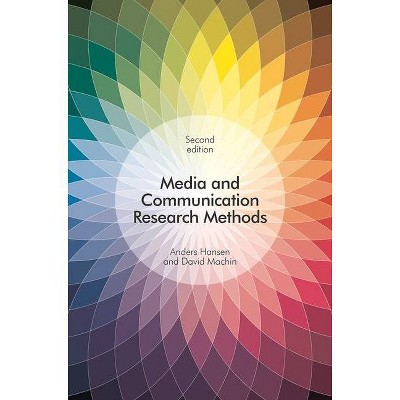Research Methods in Intercultural Communication - (Guides to Research Methods in Language and Linguistics) by Zhu Hua (Paperback)
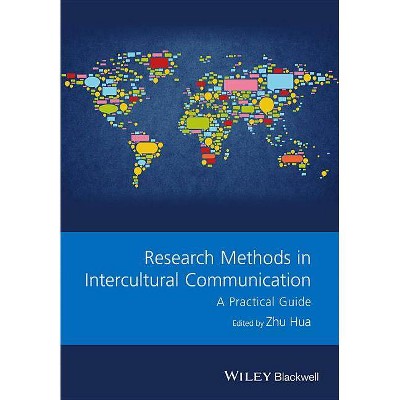
Similar Products
Products of same category from the store
AllProduct info
<p/><br></br><p><b> About the Book </b></p></br></br>"The focus is on the process of interaction and what the participants achieve out of the experience in terms of new values, identities and practices"--<p/><br></br><p><b> Book Synopsis </b></p></br></br><p>Research Methods in Intercultural Communication introduces and contextualizes the most important methodological issues in the field for upper-level undergraduate and graduate students. Examples of these issues are which paradigms and how to research multilingually, interculturally and ethnically. </p> <ul> <li>Provides the first dedicated and most comprehensive volume on research methods in intercultural communication research in the last 30 years</li> <li>Explains new and emerging methods, as well as more established ones. These include: Matched Guise Technique, Discourse Completion Task, Critical Incident Technique, Critical Discourse Analysis, Ethnography, Virtual Ethnography, Corpus Analysis, Multimodality, Conversation Analysis, Narrative Analysis, Questionnaire and Interview.</li> <li>Assists readers in determining the most suitable method for various research questions, conceptualizing the research process, interpreting results, and drawing conclusions</li> <li>Supports students from start to finish with key terms, suggestions for further reading, research summaries, and sound guidance from experienced scholars and researchers</li> </ul><p/><br></br><p><b> From the Back Cover </b></p></br></br><p><i>Research Methods in Intercultural Communication</i> introduces and contextualizes the most important methodological issues in the field for upper-level undergraduate and graduate students. The coverage is broken into three parts, which support students from a project's start to finish. These are: research themes, methodological issues and challenges and twelve specific methods. The specific methods covered include, among others, Matched Guise Technique, Critical Discourse Analysis, Critical Incident Technique, Virtual Ethnography, Corpus Analysis, Multimodality and Narrative Analysis. Chapters assist readers in determining the most suitable method for various research questions, conceptualizing the research process, interpreting results, and drawing conclusions. A global team of experienced scholars and researchers from intercultural communication, anthropology, education, applied linguistics, and communication, explain both established and emerging research methods, and analytical tools. With key terms, suggestions for further reading, and research summaries, this is the ideal companion for students embarking on their own research in intercultural communication.</p><p/><br></br><p><b> About the Author </b></p></br></br><p><b>Zhu Hua</b> is Professor of Applied Linguistics and Communication at Birkbeck College, University of London, UK. Her main research interests are intercultural pragmatics, language and intercultural communication, and child language development. Most recently, she is the author of <i>Exploring Intercultural Communication: Language in Action</i> (2014), editor of <i>The Language and Intercultural Communication Reader</i> (2011), and co-editor of <i>Weaving Intercultural Work, Life, and Scholarship in Globalizing Universities</i> (2016). She is a joint editor for the book series <i>Routledge Studies in Language and Intercultural Communication.</i></p>
Price History
Price Archive shows prices from various stores, lets you see history and find the cheapest. There is no actual sale on the website. For all support, inquiry and suggestion messages communication@pricearchive.us
